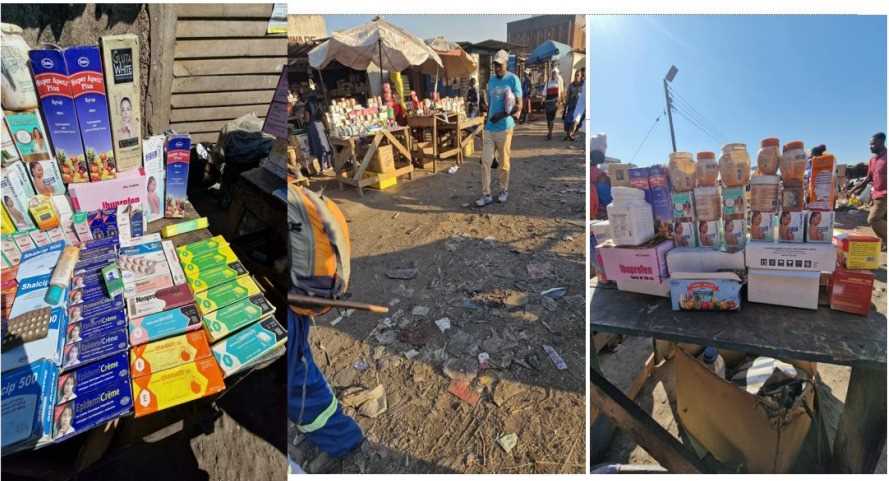
Oscar J. Jeke – Zim Now Reporter
Health workers in Zimbabwe are increasingly diverting medicines from public health institutions for resale on the black market, driven by low wages and poor working conditions, a new report by Transparency International Zimbabwe has revealed.
The report, titled “Medicines and Corruption in Zimbabwe: Evidence from Informal Markets,” highlights how poorly paid healthcare workers are extracting medicines from government stocks and selling them to street vendors, who in turn resell them to the public at inflated prices.
A price comparison published in the report shows that commonly used drugs such as Ciprofloxacin, Azithromycin, and Ibuprofen are being purchased from health workers for as little as US$1 or US$2, then resold at a profit. For example, Ciprofloxacin—acquired by street vendors for around US$2 per 10 tablets—is sold to the public for US$1 per tablet. In comparison, a box of 100 tablets from Zambia costs US$3.50, indicating significant margins and profits for vendors operating in the informal market.
Related Stories
TI-Z’s findings expose a thriving underground pharmaceutical trade sustained by systemic failures in the public health sector, including inadequate salaries, poor oversight, and weak inventory controls.
“The diversion of medicines is not just a result of greed. It is a symptom of a broken system where underpaid health workers are pushed to unethical practices to survive,” the report states.
The black market not only undermines the formal healthcare system but also poses serious risks to patients, as drugs are sold without prescriptions or professional guidance. Antibiotics, contraceptives, and other essential medicines are reportedly being sourced in bulk from public health facilities and distributed informally. For instance, combined oral contraceptives—originally priced at US$14 for a box of 54 pills—are being sold on the street for just US$1 for three tablets.
Transparency International Zimbabwe is urging the government to take immediate action, beginning with a review of health worker remuneration and a revamp of medicine supply chain monitoring systems.
“Reforming the public procurement and distribution system for essential medicines is critical,” the report concludes. “As long as health workers remain underpaid and oversight is weak, the illegal diversion and street sale of medicines will continue.”




















Leave Comments